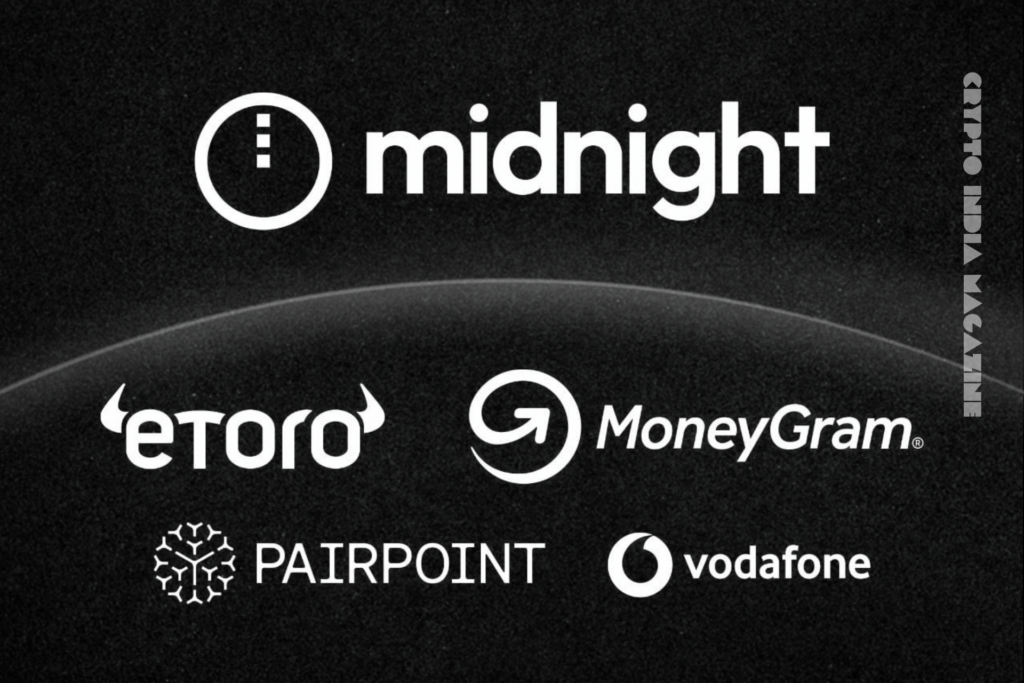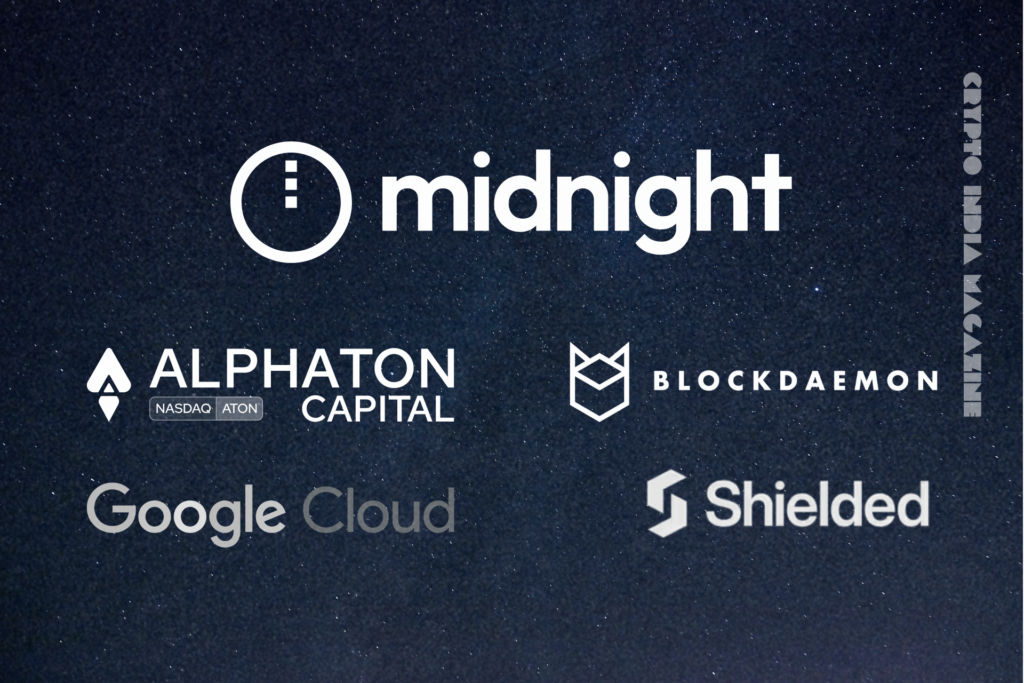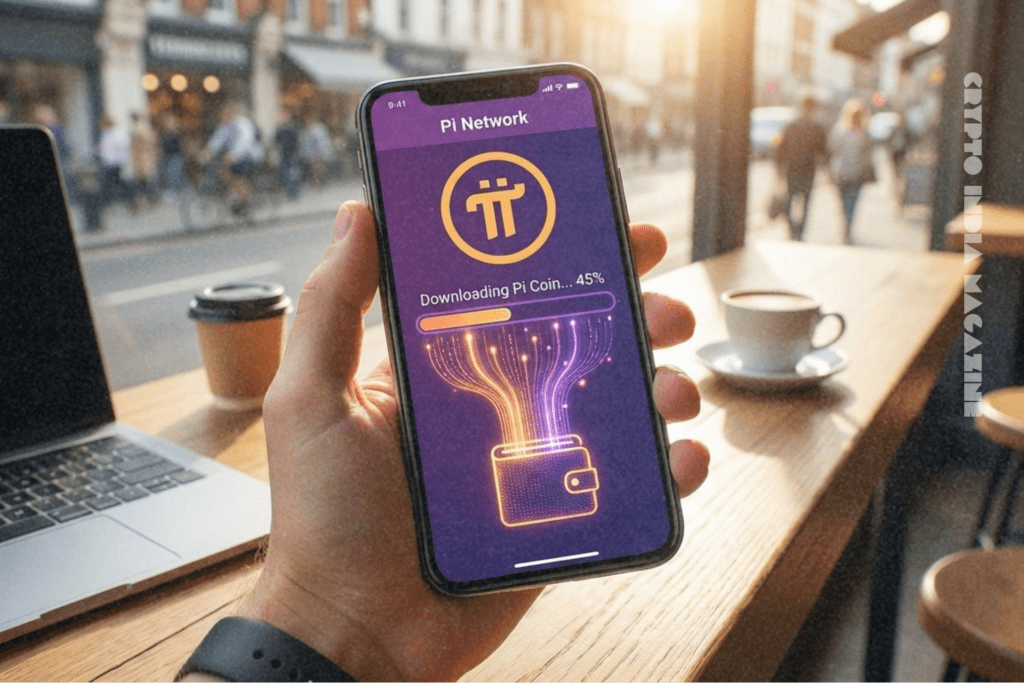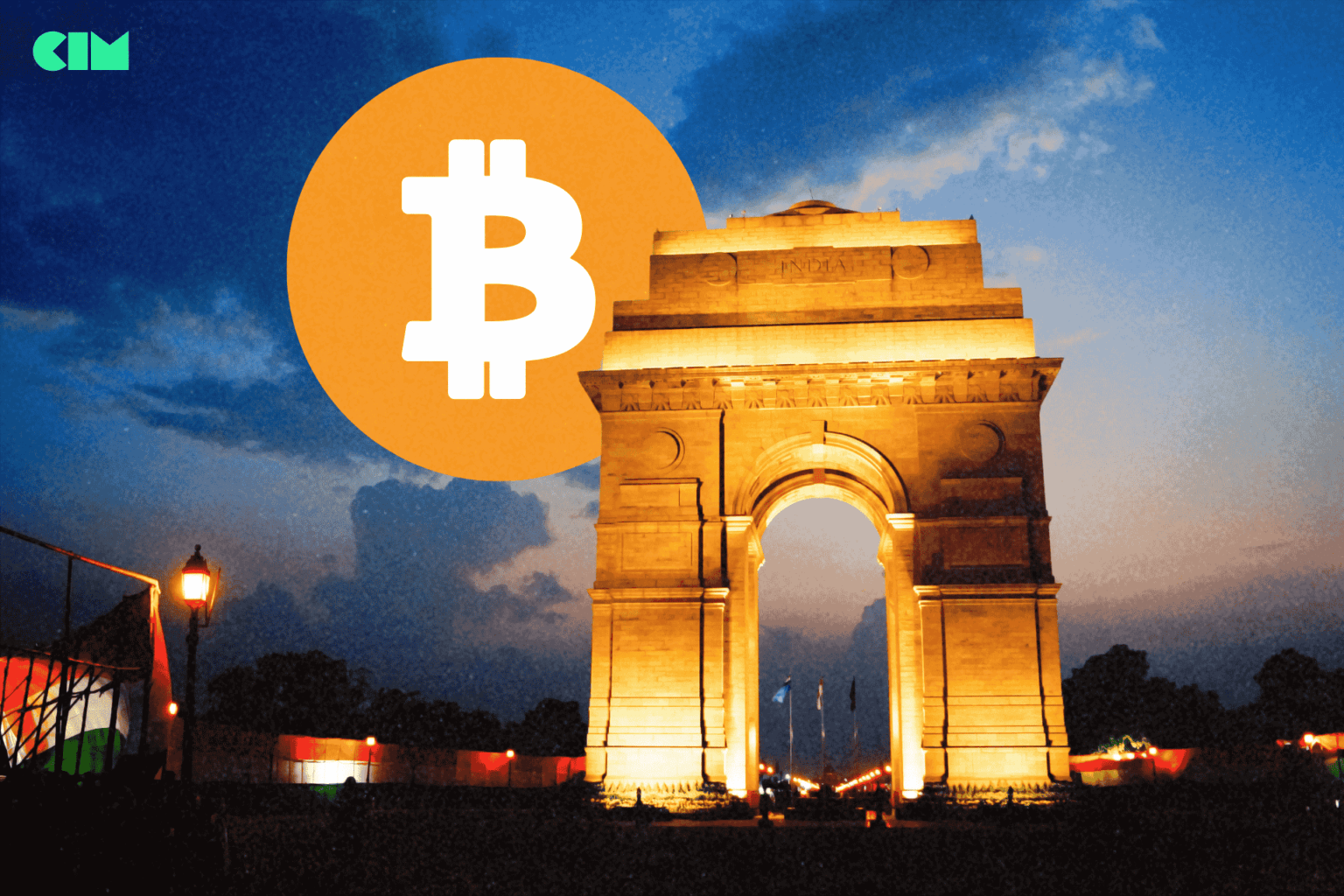Now Reading: How Catoff Reshapes Fitness with Blockchain Wagering
-
01
How Catoff Reshapes Fitness with Blockchain Wagering

How Catoff Reshapes Fitness with Blockchain Wagering
Physical activity is essential for good health. According to a report, active people tend to live longer and have a lower risk of diseases like heart disease, stroke, Type 2 diabetes, depression, etc. They are also more likely to stay at a healthy weight.
While people are making efforts to get off the couch and get fit, these efforts often don’t last long. And this isn’t a new issue — it’s been happening for a long time.
This is why fitness technology solutions emerged and took the whole fitness industry by storm. Dedicated to improving fitness, exercise, and health in general, these solutions come in various forms such as devices, applications, and platforms that help you carry out physical activities and monitor your state of health and well-being.
But over the years, the fitness app landscape has undergone a remarkable transformation. What initially started with a focus on basic metrics like step count and calorie tracking, these apps have embraced gamification to boost user engagement.
According to a study, gamification can make behavior change easier by awarding points for the desired behavior and deducting points for its omission. In fact, in 2019 Strava, a social media app and fitness tracking service reported over 2 billion app activities, securing its place as one of the largest fitness communities in the world.
As impressive as these advancements are, the fitness tech industry is on the brink of another revolutionary shift. With users increasingly seeking more tangible rewards and ownership of their fitness data, the stage is set for the next wave of innovation – integrating blockchain technology into fitness applications.
How Blockchain Powers Your Workout
Now, you might wonder, “What does blockchain have to do with my workout routine?” Well, quite a lot, as it turns out. Remember how we talked about gamification making fitness more engaging? Blockchain is taking that to a whole new level.
Let’s break it down.
Blockchain is essentially a super-secure, transparent digital ledger. It’s like a high-tech record book that everyone can see but no one can tamper with. And when applied in fitness apps, blockchain lets you control your data instead of a company. Your data isn’t stored on one server but spread across a network, making it harder to hack or misuse.
But here’s where it gets really exciting. Blockchain is turning your sweat into something tangible. Remember those points and badges you’d earn in traditional fitness apps? Those points could be converted into real-world value. That’s exactly what’s happening with Web3 fitness platforms.
Furthermore, these blockchain-based fitness platforms are open to everyone, anywhere. Whether you’re jogging in Tokyo or doing yoga in Mumbai, you can join and earn rewards equally. Blockchain’s transparency ensures every step, workout, and reward is recorded fairly and can’t be changed. It’s like a global gym where everyone follows the same rules.
Additionally, these platforms are building a stronger sense of community. You can join a global fitness challenge where your steps support a charity, tracked on the blockchain. Or take part in community challenges where pooled rewards lead to bigger payouts. This social element boosts motivation and engagement.
Catoff Takes the Lead
One of the most exciting players reshaping the blockchain fitness landscape is Catoff, a peer-to-peer (P2P) challenge wagering platform built on the Solana blockchain.
Founded by Tony Klor, Catoff is designed to inspire individuals to lead more active, adventurous, and socially engaged lives by participating in a wide range of real-world challenges. From fitness goals to skill-based tasks and even personal dares, users are encouraged to push their limits and explore new horizons in a decentralized, transparent environment.
Catoff addresses a key issue that many current fitness and social gaming platforms face—a lack of real-world incentives and trust. With Catoff, users can wager on their own fitness or skill challenges, compete in duels, or take part in community-based activities.
The platform leverages Solana’s high-speed, low-cost blockchain to ensure seamless, secure, and rapid transaction settlements. Every challenge, reward, and wager is recorded on the blockchain, ensuring that all transactions are transparent and tamper-proof.
At the heart of Catoff’s ecosystem is its native token, CAT5, which is used for wagers, rewards, and platform fees. By blending blockchain technology with real-world activities, Catoff not only adds tangible value to users’ fitness efforts but also enhances motivation through the potential for real earnings.
Whether you’re a tech-savvy millennial looking for a new fitness experience or a blockchain enthusiast exploring practical applications, Catoff offers an innovative platform for users worldwide to take control of their fitness journey.
The Next Frontier
At the intersection of technology and wellness, blockchain and fitness are creating a game-changing shift in personal health. With the global fitness industry set to hit $131.9 billion by 2028 and blockchain technology booming at an incredible 87.7% growth rate through 2030, we’re on the brink of a new era.
Moreover, as new blockchain networks and innovative ideas emerge, we’re just beginning to explore the possibilities. Imagine a future where your workout efforts support global health causes or where fitness milestones become a new kind of social currency.
As pioneers push the limits of what’s possible, this fusion of blockchain and fitness is not only changing how we exercise but also how we think about and value our well-being in a digital age.







